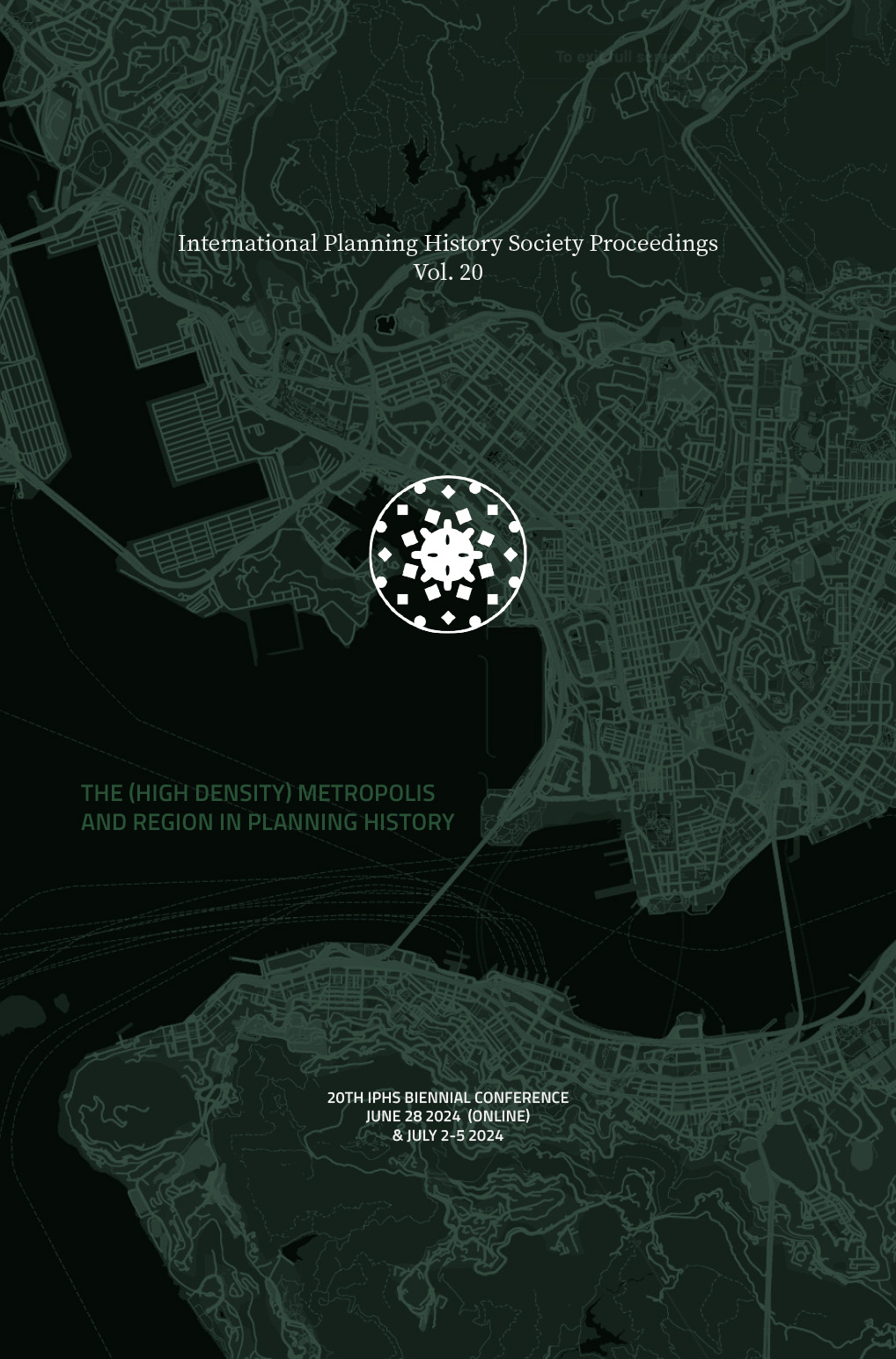Urban Reform in Brasil (1960-1964)
DOI:
https://doi.org/10.7480/iphs.2024.1.7655Abstract
Urban reform can be understood as a Latin American political agenda that inspired (and still inspires) many of the continent’s countries to deal with their poor and segregated cities. Far from being a technical tool or a closed system of planning, it opens incisively a political dimension of struggle for the transformation of cities, particularly regarding urban land tenure and right to housing. In a very polarized geopolitical context, the Urban Reform Law was conceived in Cuba just after the 1959’ Revolution. Approved in 1960, it states that “every family has the right to a decent home”. Several measures were formulated to solve the problem, confronting real estate and land speculation, transforming tenants into owners, establishing strategies to produce social housing. In Brazil, in a short period of time (1960-1964), a field of Urban Reform was constructed, concomitant to huge urbanization, planning promises and an insurgent context. Through analysis of different sources, the study highlights progressive political perspectives on urban reform, mobilizing various political and professional alliances, as well as the disappearance of its problematization with the military coup of 1964. This agenda will re-emerge in the 1980s, within the process of democratization.
Downloads
Published
How to Cite
Issue
Section
License
Copyright (c) 2024 Ana Fernades

This work is licensed under a Creative Commons Attribution 4.0 International License.

